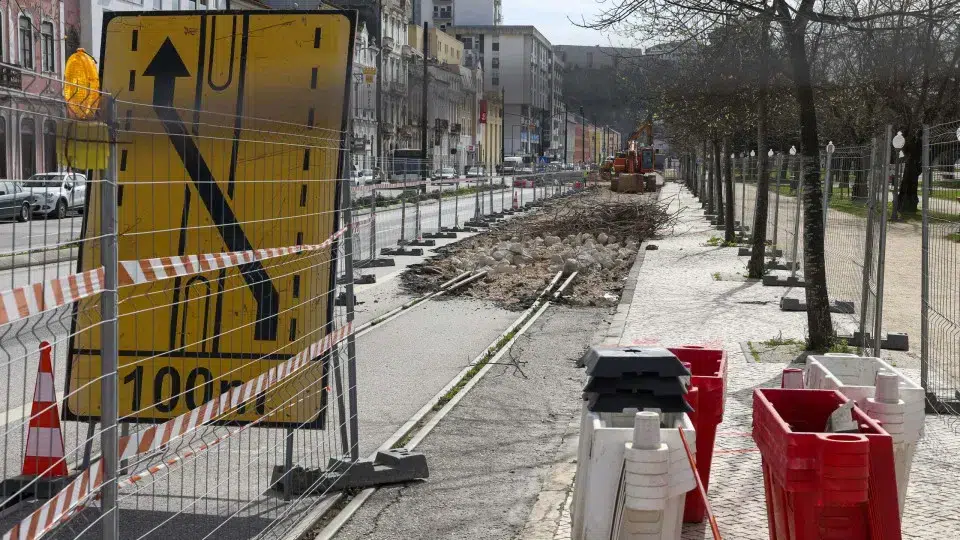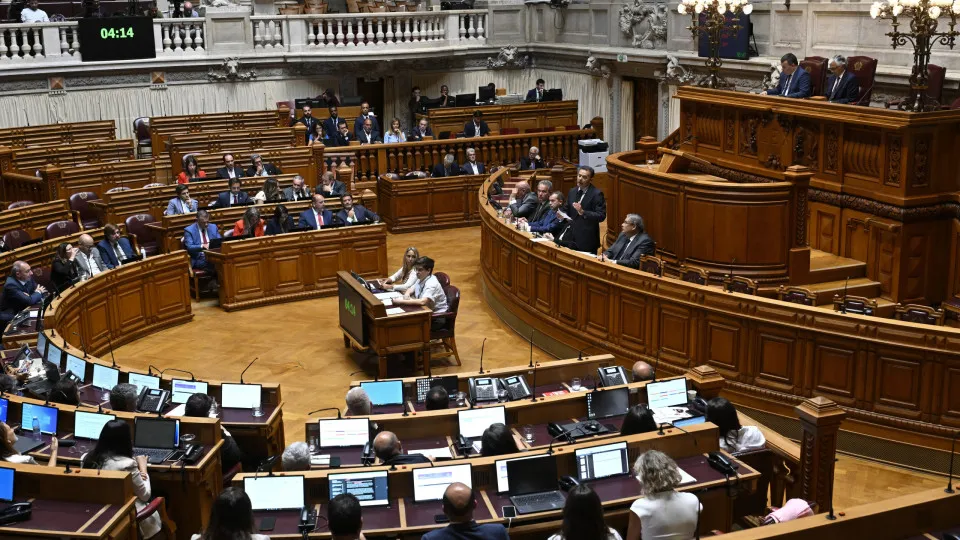
The Mondego Mobility System (SMM) is set to commence operations starting Friday, initially limited to a five-kilometer route within the city of Coimbra, announced the government today.
The SMM, featuring bus rapid transit with electric articulated buses running on a dedicated path, will begin a preliminary free service between Portagem and Vale das Flores in Coimbra, stated the Ministry of Infrastructure and Housing (MIH) in a press release.
This approximately five-kilometer route encompassing ten city stations will remain free until the section to Serpins in the municipality of Lousã opens, expected by the end of the year, noted the ministry without specifying an exact date for the extension that will also pass through the municipality of Miranda do Corvo.
The operation follows several free demonstrations in the three municipalities covered by SMM, organized this month by Metro Mondego, the service provider.
According to a press release from Metro Mondego, Friday’s operation will start at 10:00 AM and continue until 6:00 PM.
From Saturday onwards, and until full commercial service to Serpins is operational, the urban section between Portagem and Vale das Flores will function daily from 8:00 AM to 8:00 PM, including weekends.
The journeys will occur concurrently with extensive testing of the vehicles, infrastructure, technical systems, operational management, and passenger experience to correct any issues before launching commercial services, explained Metro Mondego.
Beyond the anticipated operation between Portagem and Serpins by the year’s end, it is expected that by 2026, the service between Portagem and Coimbra-B, as well as the hospital line in the city center, will be operational, despite several sections still under construction.
The current operation only covers five of the total 42 kilometers of the network, which includes 42 stations.
The operation’s commencement, referred to by the ministry as “Metro do Mondego,” fulfills a longstanding aspiration of the central region’s residents, highlighted the government.
The project involved closing the Lousã railway branch and experienced numerous delays, alterations, and halts over more than 30 years, with interruptions even after railway tracks were removed in 2010.
The SMM, initially designated as a surface light metro, was revived in 2017 by the government led by António Costa, who reconfigured the project, retaining the route while replacing the metro with electric articulated buses.
For the MIH, the system “enhances urban cohesion among these municipalities, promoting local development and combating mobility poverty,” creating “an efficient and complementary transport network through interoperability with other transport operators.”
According to the Ministry of Infrastructure and Housing, the SMM represents a 220 million euro investment.
“For decades, the inhabitants of the Coimbra region waited, and despaired, for the day the Metro do Mondego would finally begin operations. When addressing their needs, citizens fail to understand these delays and indecisions, nor their political motivation,” emphasized the Minister of Infrastructure and Housing, Miguel Pinto Luz, in a press release.
Metro Mondego anticipates the minister’s presence on Friday for the preliminary operation’s launch.
The SMM expects to register 13 million passengers annually, with a five-minute interval between buses during peak periods.




